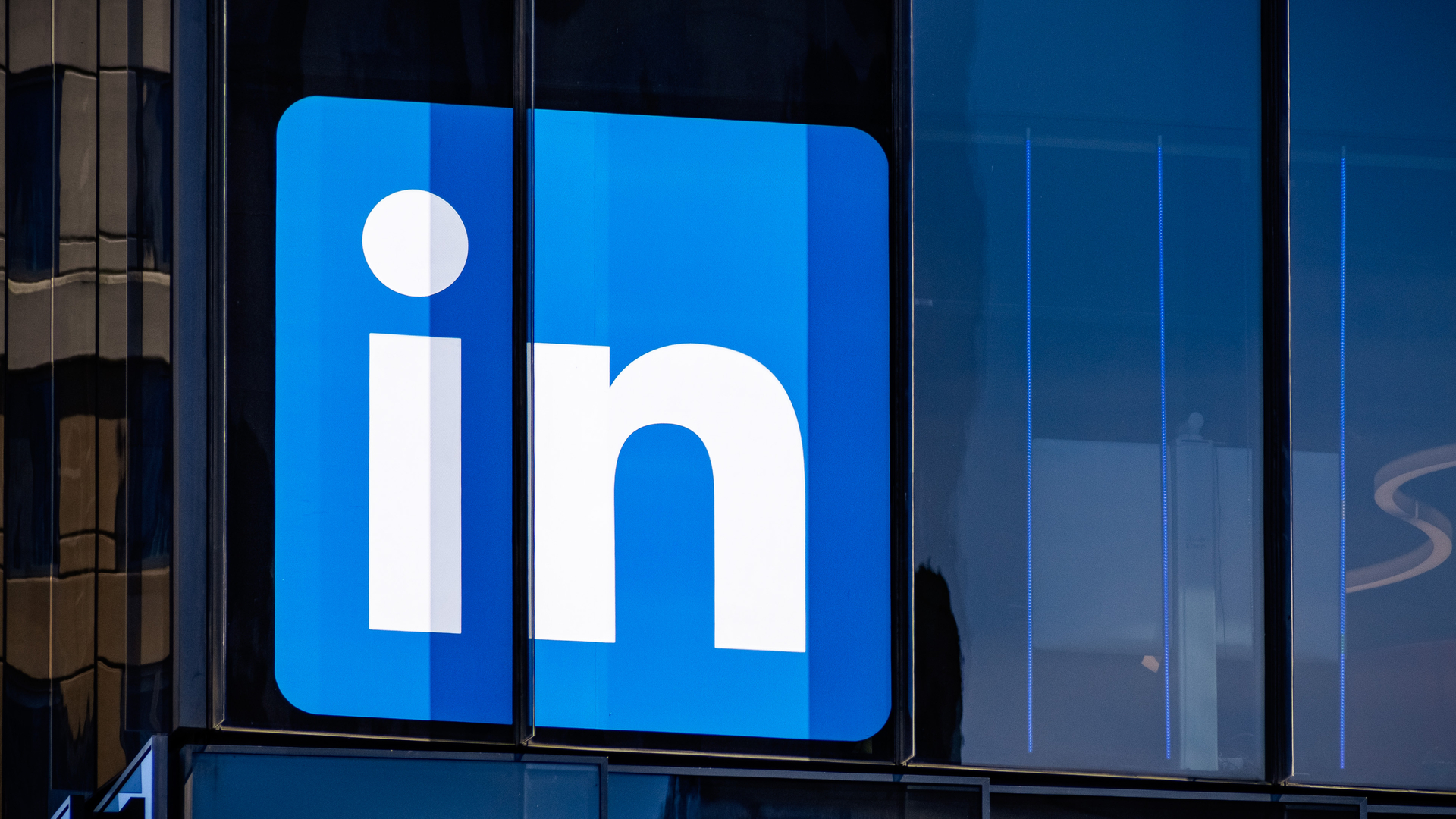LinkedIn’s Smart Links abused in phishing attack targeting Slovakian users
The lure in the scam is a legitimate-looking pending shipment order from Slovakian Postal Service

Smart Link, a feature exclusive to LinkedIn’s Sales Navigator and Enterprise users, has been targeted in a recent phishing scam.
A convenience feature, Smart Link enables subscribers to redirect their targeted customers to legitimate websites for advertisements.
RELATED RESOURCE

TA551/Shathak threat research
A detailed report on the cyber crime group and its attacks
Threat actors have now leveraged the feature to evade email security products, in an attempt to redirect users to phishing pages. The attackers are also banking on Smart Link’s analytics to gauge the effectiveness of their campaigns.
Decoding the attack, threat intelligence provider Cofense revealed the phishing emails can be traced back to Slovenská Pošta, a state-owned postal service provider in Slovakia.
“Although we can see that the recipient has a shipment waiting to be delivered, the order can only be fulfilled with payment. Threat actor even added features to the email, including the fictitious reference number, to give the impression of legitimacy,” explained Cofense.
The email header, part of the attackers’ trickery, appears legitimate to the unsuspecting eye. However, upon close examination, it can be found that the header “sis[.]sk@augenlabs.com” is a spoof.
The attack gets further evasive by an embedded “confirm” button leading to a legitimate-looking LinkedIn Smart Link URL that redirects the victim to a phishing page. (“linkedin[.]com/slink?code=g4zmg2B6”)
Sign up today and you will receive a free copy of our Future Focus 2025 report - the leading guidance on AI, cybersecurity and other IT challenges as per 700+ senior executives
Despite the realistic €2.99 shipping price on the landing page, the phishing actors aren't looking to receive money, according to Cofense. Target's credit card information, including number, holder's name, expiration date, and CVV are among the details desired by the attackers.
“Due to a threat actor exploiting the official LinkedIn smart link service, the phishing page is still up and running,” added the company.
-
 Marc Benioff says hiring in software engineering is ‘mostly flat’ at Salesforce because of AI
Marc Benioff says hiring in software engineering is ‘mostly flat’ at Salesforce because of AINews Salesforce CEO Marc Benioff has revealed hiring for software engineering has dipped as a result of AI, but the CRM giant is ramping up recruitment in other key areas to push its agentic agenda.
-
 Are AI browsers a golden opportunity or cybersecurity nightmare?
Are AI browsers a golden opportunity or cybersecurity nightmare?In-depth AI browsers are on the rise despite the concrete risks associated with using them